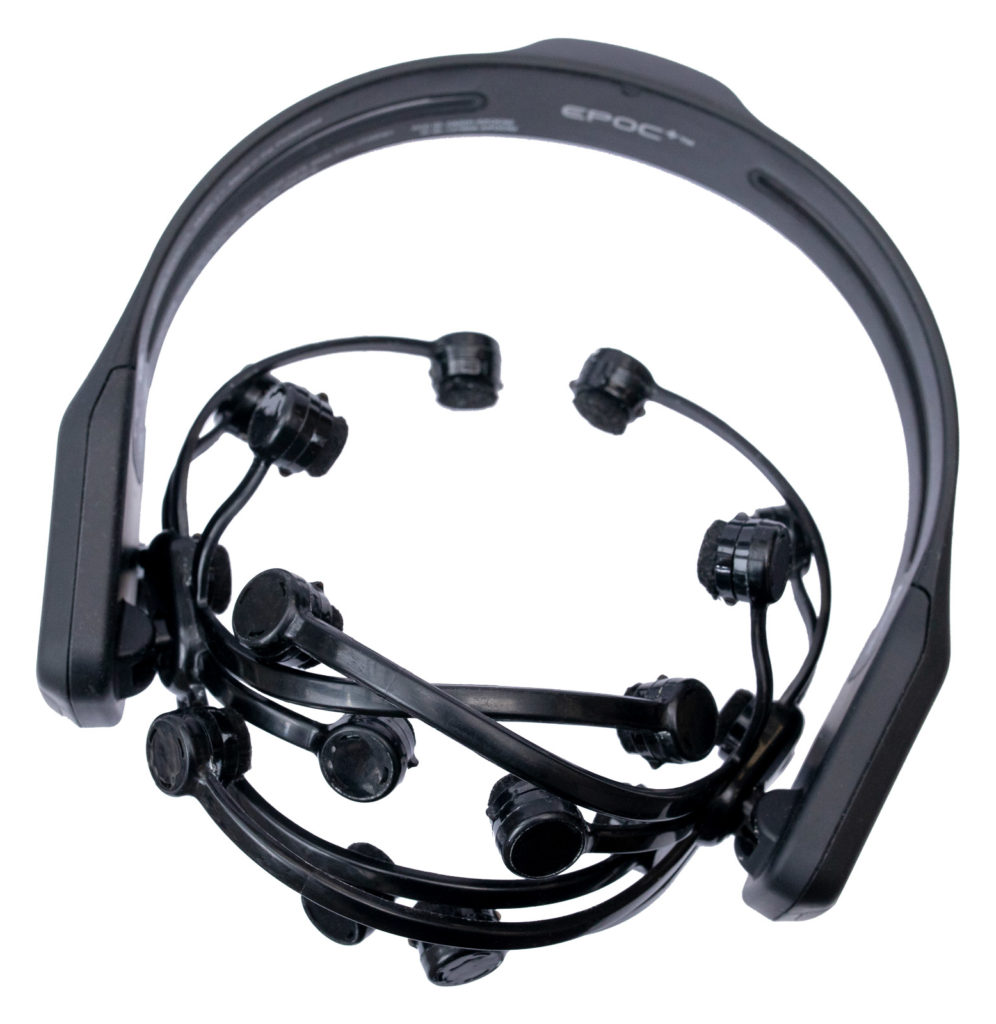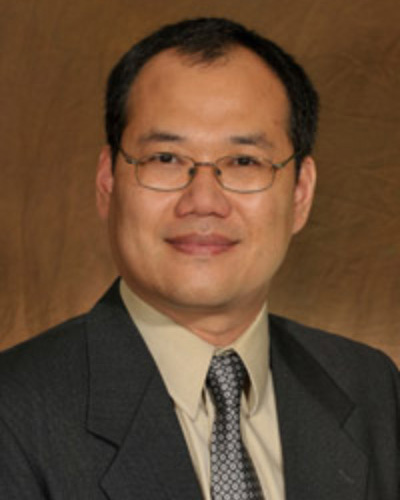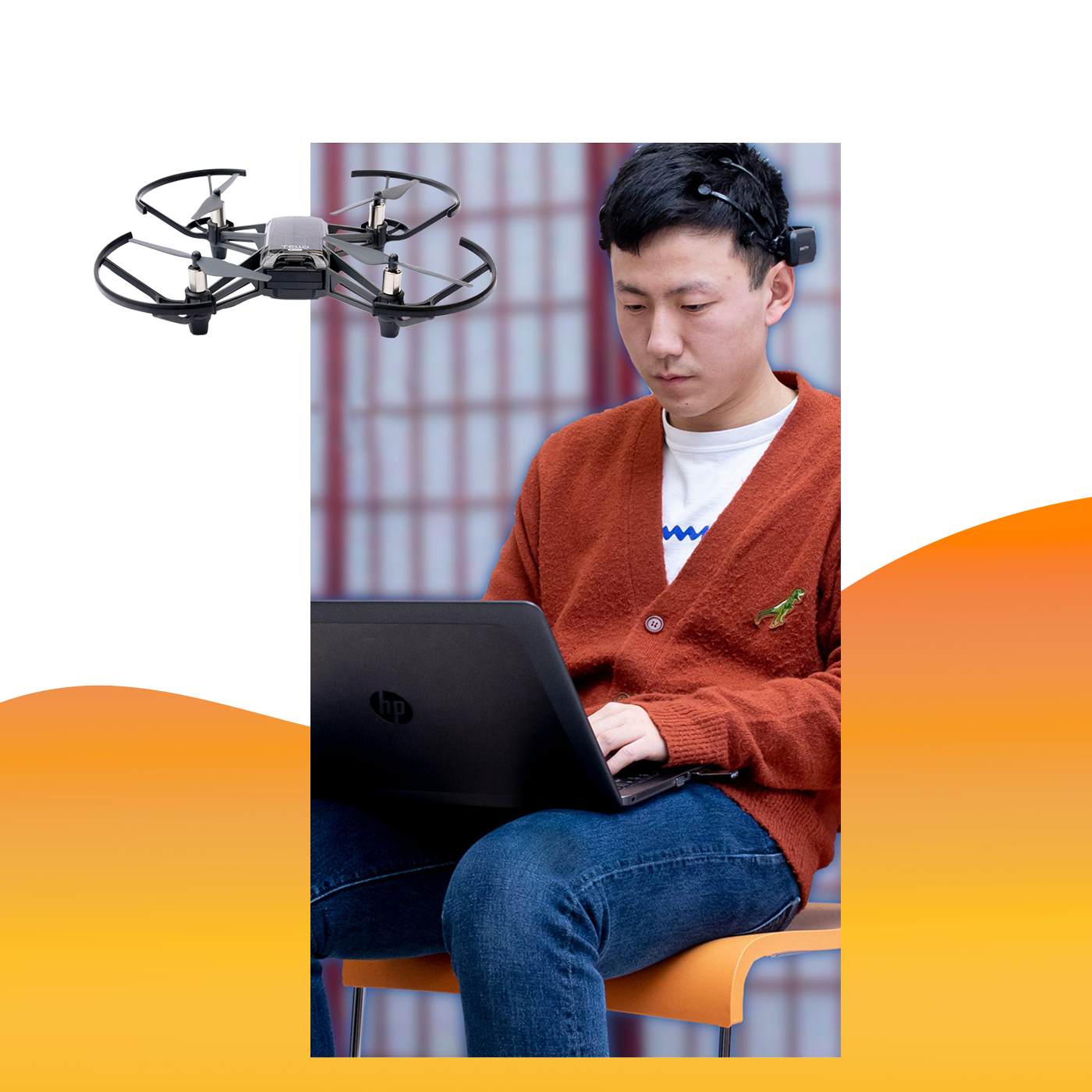Innovators at UT Knoxville are developing technology to diagnose and engage people with dementia and Alzheimer’s disease in cognitive exercises to improve brain function, independence and quality of life.
More than 120,000 Tennesseans and 6 million Americans over the age of 65 live with Alzheimer’s disease or mild cognitive impairment due to Alzheimer’s. How is UT responding? With innovation. By simply slipping on a headset with sensors and challenging their brains to “move” objects—be them pieces on a chess board or electronic devices such as toy cars and drones—with nothing more than their thoughts, patients are able to fight back.
Xiaopeng Zhao, a professor in the Department of Mechanical Aerospace and Biomolecular Engineering at the UT Knoxville Tickle College of Engineering, has spent his entire career researching the brain and the mysteries it holds. His passion—and the commitment of his team—is driving innovation that will change lives for millions of people.



